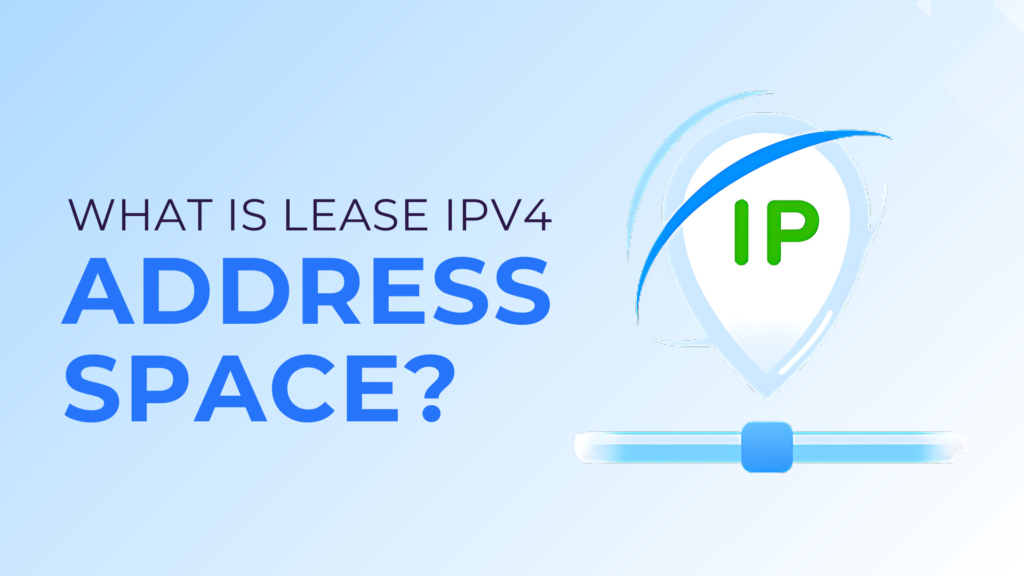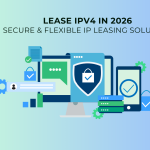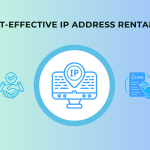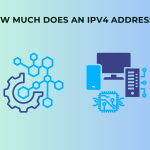What is Lease IPv4 Address Space?
Understanding IP Address Space
IP address space refers to the range of IP addresses available for assignment to devices on a network. This space can be managed for both IPv4 and IPv6 blocks, networks, and individual IP addresses.
IPv4 Address Structure:
IPv4 addresses consist of four octets separated by dots. Each octet ranges from 0 to 255, resulting in a total of 2322^{32}232 possible addresses.
The Necessity of Leasing IPv4 Addresses
Leasing IPv4 addresses has become increasingly necessary due to the following reasons:
- Address Exhaustion: The original 32-bit IPv4 address space, which seemed ample in the 1980s, is now strained due to the explosive growth of internet users and connected devices.
- Slow IPv6 Adoption: Although IPv6 provides an enormous address space (340 undecillion addresses), the transition from IPv4 to IPv6 has been slow, leaving a significant demand for IPv4 addresses.
Benefits of Leasing IPv4 Addresses
Cost-Effectiveness:
Leasing IPv4 addresses is a cost-effective alternative to purchasing them outright, avoiding the high upfront costs.
Scalability:
Leasing allows companies to expand their networks without the need to buy expensive IP addresses.
Resource Efficiency:
Leasing minimizes the efforts required for IP management and reputation monitoring, freeing up resources for other business operations.
Address Management with Address Manager
Address Manager organizes IP address space into several types of objects:
- IP Block: A range of IP space that may contain other IP blocks and networks. An IP block must be part of a configuration or a parent IP block.
- Network: A group of IP addresses that can be routed. Networks may only contain IP addresses and must be part of an IP block.
- IP Address: The specific IP address leased or assigned to a member of a network. It must be part of a network.
Address Space and Its Allocation
Address space refers to the amount of memory allocated for all possible addresses for a device, file, server, or networked computer. Systems allocate address space to each device and process, holding a specific portion of the processor’s address space.
IPv4 Address Allocation:
An IPv4 address is 32 bits in size, limiting the address space to 4,294,967,296 (2^32) addresses. Some of these addresses are reserved for special purposes, such as private networks (approximately 18 million addresses) and multicast addressing (approximately 270 million addresses).
Conclusion
Leasing IPv4 address space is a strategic move for businesses looking to expand their network capabilities without incurring high costs. It offers flexibility, cost savings, and efficient resource management, making it an essential practice in today’s internet-driven world.
Frequently Asked Questions
Leasing IPv4 address space involves renting IP addresses from a provider for a specified period, allowing businesses to use the addresses without purchasing them outright.
Leasing IPv4 addresses is cost-effective, avoids high upfront costs, offers scalability, and reduces the burden of IP management and reputation monitoring.
Lease terms vary by provider, but they typically range from short-term leases (e.g., 3 months) to long-term leases (e.g., several years), depending on your business needs.
Restrictions depend on the leasing agreement. Some providers may have terms regarding usage policies, geographical limits, or specific applications.
Leasing IPv4 addresses allows businesses to maintain their existing infrastructure and operations while gradually transitioning to IPv6, which has a much larger address space.






